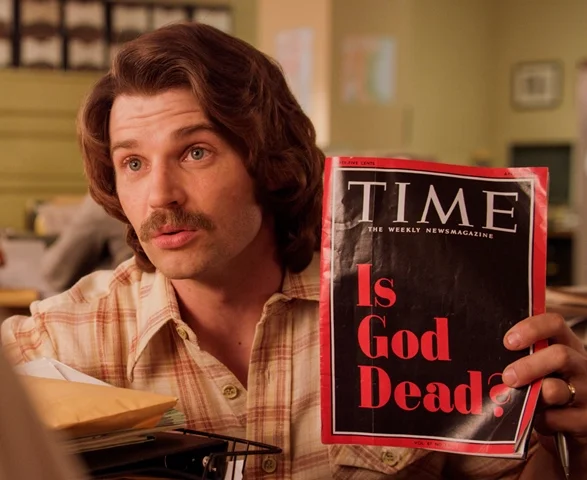There was good news and bad news in LifeWay research that probed whether Protestant churches in America were ready to minister to people suffering from mental illness.
Good news? Only 21 percent of people who attended worship services once a week disagreed with this statement: "If I had a mental health issue, I believe most churches would welcome me." Alas, 55 percent of those who never went to church disagreed.
More bad news? Nearly half of self-identified born-again and evangelical Protestants said prayer and Bible study alone could defeat schizophrenia, depression, bipolar disorder and other serious mental illnesses.
To suffering people that sounds like, "Take two Bible passages and call me in the morning," according to the Rev. Todd Peperkorn, author of "I Trust When Dark My Road: A Lutheran View of Depression."
Many pastors and counselors still think mental illnesses are spiritual problems caused by "sinful choices" alone, instead of complex puzzles of brokenness in body, mind and spirit, he said, at a Lutheran Public Radio conference earlier this summer in Collinsville, Ill.
Thus, they believe mental illness is the "result of a lack of obedience. And so, if you could only manage to obey God a little more, a little better, then any mental illness that you had would magically go away." This leads to a blunt prescription: "Sin less! Got that? All of your problems are going to go away if you would just stop sinning. So get on with that. … You kind of turn Christianity into Weight Watchers."
Peperkorn stressed that he has seen this hellish struggle from both sides -- as a pastor and as a patient with clinical depression. Just over a decade ago, he said, he found himself working his way through Holy Week to Easter, while also pondering the end of all things -- as in suicide.










